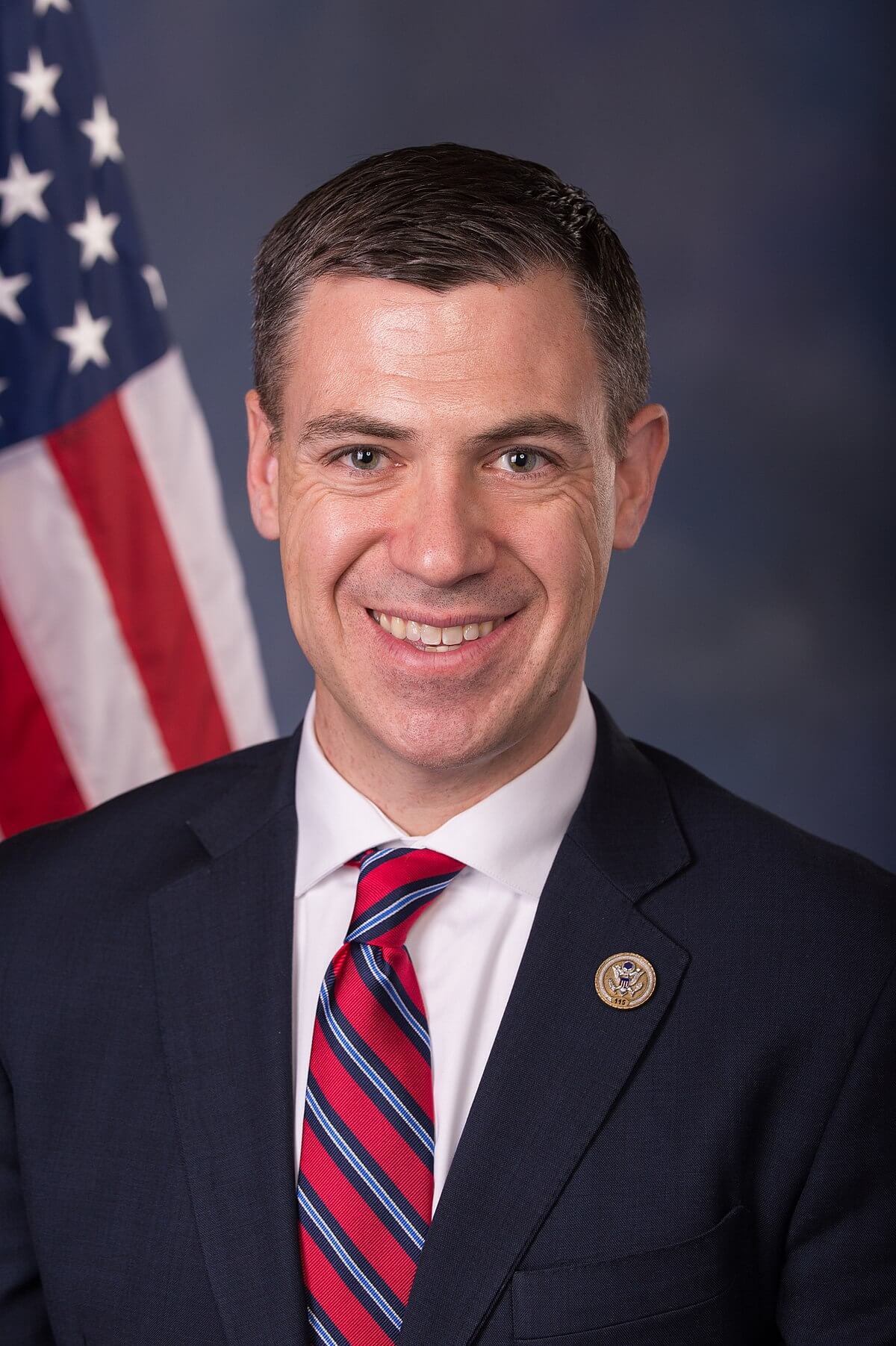
WASHINGTON—The House Committee on Veterans’ Affairs is gearing up for greater oversight of VA’s electronic health record implementation with the creation of a new oversight subcommittee.
The five-member Subcommittee on Technology Modernization was created to focus on VA’s EHR implementation and related projects and will be chaired by Rep. Jim Banks (R-IN).
“I have personally gone through a transition to a new health record system when I was in private practice, and I know how much potential there is for a project like this to be a costly disruption. Congress has a duty to conduct rigorous oversight every step of the way,” explained Rep. Phil Roe, MD, (R-TN), chairman of the House Committee on Veterans’ Affairs.
Ranking Member Rep. Tim Walz (D-MN) said that, “with this new subcommittee, Congress will be better suited to hold VA accountable every step of the way and ensure IT modernization is implemented as seamlessly as possible.”
The announcement comes as VA sets the stage for moving forward with its EHR, having awarded its contract to Cerner Corp. this spring. In late June, the agency established the Office of Electronic Health Record Modernization to focus on the transition to the new system.
Zane Burke, president of Cerner, called the subcommittee an “appropriate governance model” and said his company is “excited” about its formation.
At a recent House Committee on Veterans’ Affairs hearing, VA Acting Secretary Peter O’Rourke told lawmakers that the strategy for modernization will be a “flexible, incremental process.”
O’Rourke said the plan is to first conduct site assessments at VAMCs in Seattle, Spokane and American Lake, WA. After this, VA anticipates implementation of the EHR to begin on Oct. 1, 2018, at those locations, with the system going live by March 2020 at those three sites in the Pacific Northwest.
Fully implementing the new EHR throughout VHA will take “several years” to complete, he said, noting that DoD, which also is using the Cerner platform, has faced unexpected challenges with its initial rollout of the EHR.
Working Closely with DoD
“We are working closely with DoD, we are listening to advice from respected leaders in healthcare, and we are fully engaged with the Cerner Corp. regarding all critical activities,” O’Rourke explained.
As far as DoD’s rollout timeline, Vice Adm. Raquel Bono, MD, director of the DHA, told lawmakers that, over the next four years “MHS Genesis will replace DoD legacy healthcare systems and will support the availability of electronic health records for more than 9.4 million DoD beneficiaries and approximately 205,000 MHS personnel globally.”
Bono told lawmakers that the EHR record will be essentially the same product, whether viewed at DoD or VA.
“That is why we are very invested in their success, because it will mean our success as well,” she said, referring to the VA.
Lawmakers emphasized the need to prepare clinicians for the change.
“I want to encourage you to work with the clinicians, very, very proactively … It’s a huge change for them, and they are focused on their patients,” emphasized Rep. Neal Dunn, MD (R-FL).
The chief medical officer of VA’s Electronic Health Record Modernization initiative, Ashwini Zenooz, MD, told lawmakers that the transition to the new EHR will require a cultural change. She said her group plans to provide training to clinicians, who are expected to lead the way as the agency moves forward with the project.
Roe said that VA should make sure to include everyone who will use the new EHR in the process.
“We are asking the clinicians and people … to make a gigantic change in the way they do their business right now,” he pointed out.
Other legislation also seeks to increase oversight over the project. One of these bills that passed the House, HR 4245, would require VA to submit to Congress several EHR project management documents 30 days after enactment of the bill, as well as provide quarterly updates related to the EHR. VA also would be required to submit to Congress any contract, order, agreement, or modification to the EHRM program no later than five days after award or modification.
The bill also requires the agency to notify congressional committees about milestone or delays of 30 days or more; equitable adjustments or change orders exceeding $1 million; loss of clinical or other data, and breach of patient privacy, among other things.
Walz, who sponsored the bill, said that the Government Accountability Office and the VA Inspector General should be given the access they need to independently monitor the progress of implementation.
“GAO must have direct and frequent access to VA, Cerner and program management support contractors,” he said. “I want the GAO to review quarterly reports. IG must have the access to these documents and information it needs to regularly monitor implementation.”

